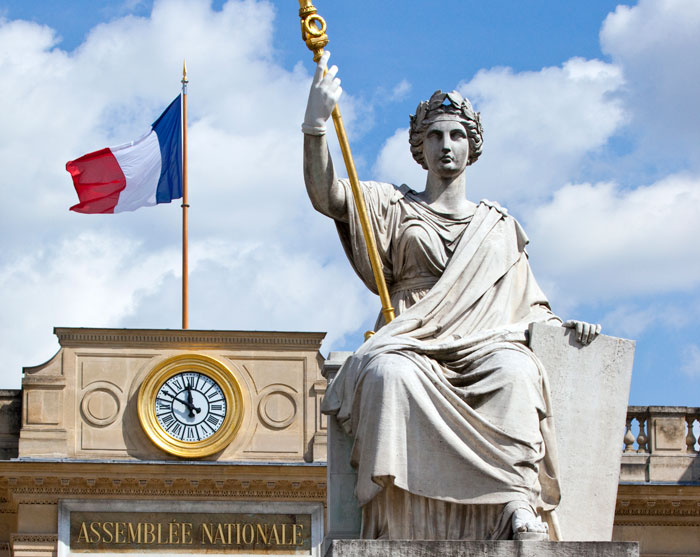
The decision to de-fund the Mage network (Marché du travail et genre) has drawn angry protests from French gender researchers. A petition against the initiative has been signed by more than 5000 people.
‘We are pessimistic and do not believe that the decision can be overturned,’ says Laufer.
Mage is an interdisciplinary international network of researchers focusing on labour market and workplace issues. It was created in 1995 and has since 2011 has become an international, multidisciplinary research network which gathers 30 universities or research centers in 13 countries. The MAGE organises debates and important international colloquiums and publish a research journal titled Travail, genre et sociétés (work, gender and society), created in 1999.
‘As the funding we receive is very limited, we spend an enormous amount of time to look for subsidies,’ says Laufer.
A Growing Research Field
When the Mage network was formed in 1995, it was the only organisation of its kind in France. It was also ground-breaking in an international perspective, but it would still take a long time for gender research to really take root in the country.
‘Prior to 2010, there were no centres for gender studies and no Master’s programmes. The institutionalisation started late here, but a lot has happened in just a few years,’ says Estelle Ferrarese, deputy director of the IdG – Gender Institute.
Their central objective is to increase the visibility of French gender research, and the organisation’s website describes gender research as a ‘booming’ research field. Today, several Master’s programmes in gender studies are available in France, and engaged students are demanding more gender perspectives in their courses and study programmes.
‘It Is Not Considered a Legitimate Field’
Alongside the institutionalisation of gender research in France, the field has been increasingly criticised. As in many other European countries, gender research is blamed for being unscientific and for being a threat to traditional values. In 2012 and 2013, tens of thousands of Frenchmen took to the streets to protest against gender-neutral marriage laws, and criticism of gender research could also be heard from the picket lines.
Around the same time, a programme for gender equality in schools, ABCD de l’égalité (ABCD for gender equality), triggered angry reactions. The field of gender research has also been attacked in books and on a critical website titled Observatoire de la théorie du genre.
‘There has been a lot of debate where people make caricatures of gender research. The field is still not considered to be entirely legitimate,’ says Laufer.
Gender Research Is Thought to Be ‘Un-French’
According to Ferrarese, sarcastic attacks on gender research have been noted in the academic world, too. For example, in 2014, a student group at the University of Strasbourg asked a representative from Observatoire de la théorie du genre to come to the university campus and give a speech.
‘So he gave a speech on what he considered to be a “gender ideology”. We protested, but the university management didn’t want to do anything about it since it was a student initiative,’ says Ferrarese.
She goes on to say that gender research is sometimes dismissed as a ‘un-French’ research field, as something that has been imported from the US. This notion is apparently prevalent both within and outside academia.
‘The anti-gender movement often uses the English word gender instead of the French equivalent genre to reinforce this perception,’ she says.
Contradictory Signals from the Government
Because of all the mockery and sarcastic attacks, networks such as Mage fill a very important function, according to Laufer. The French government has an explicit ambition to prioritise gender equality issues, for example through initiatives like Tour de France Equality, with 300 gender equality workshops organised around the country. Against the background of this, it is difficult to make sense of the de-funding of Mage, she says.
‘We have always received state funding regardless of which government has been in power, so we don’t really see this as a political issue. Instead we think it may be a result of poor information about what Mage does.’
Text by Andreas Wieslander
